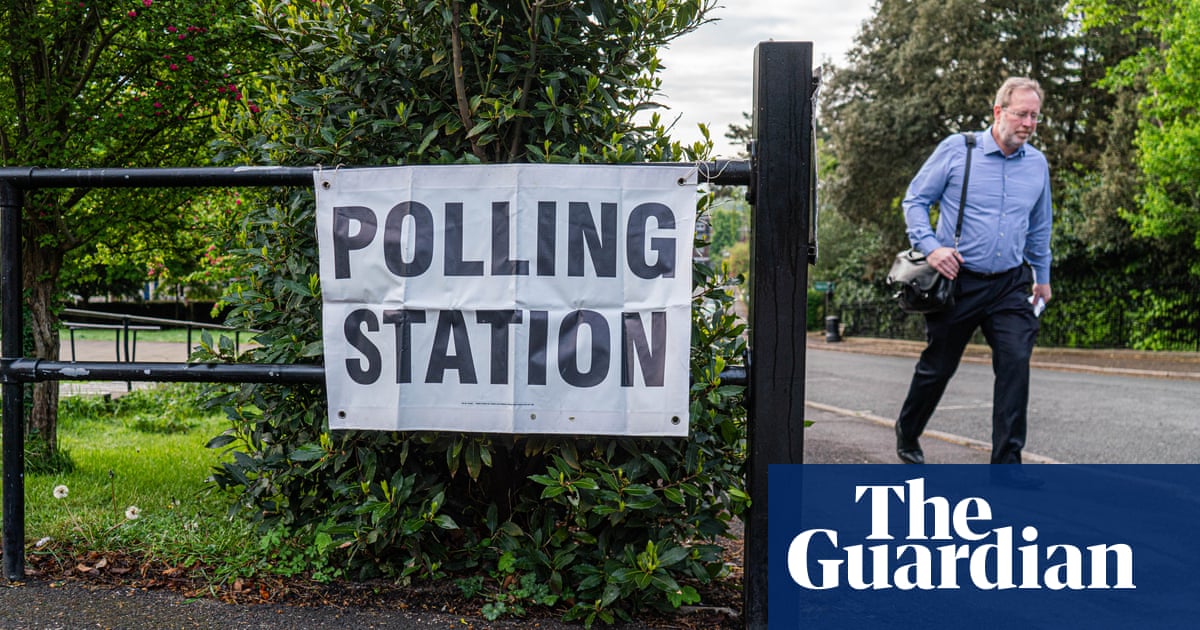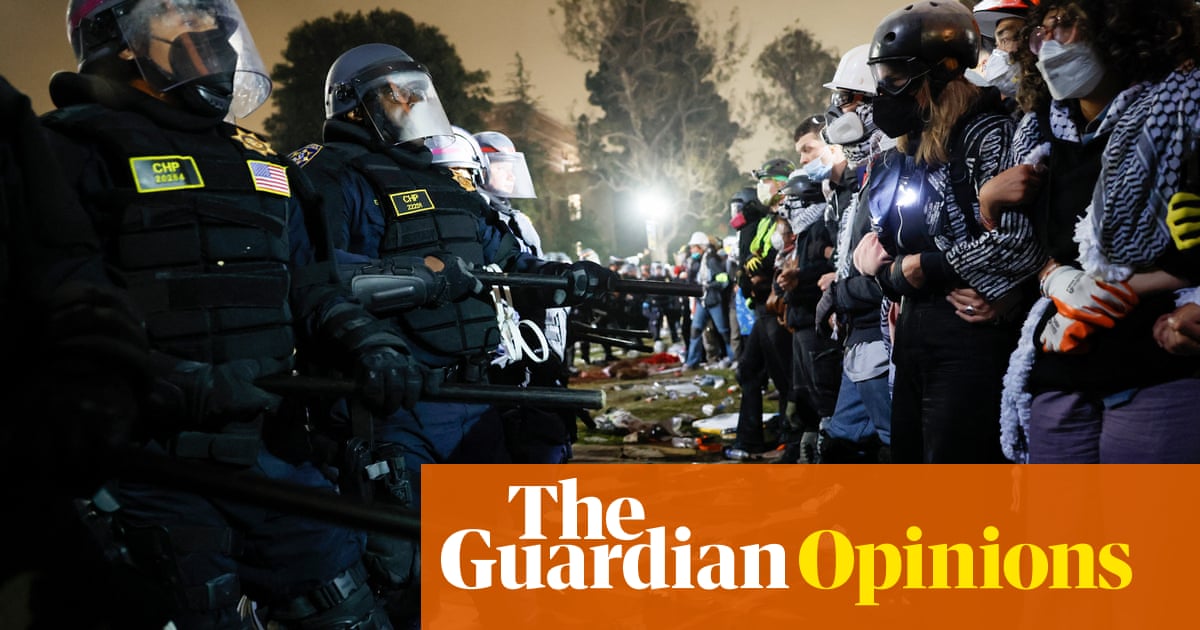Reform of joint enterprise laws can help to solve the crisis facing the justice system, a review of the criminal courts has been told by experts.
Lord chancellor Shabana Mahmood launched the independent, “once in a generation” inquiry into criminal courts in December, seeking “bold thinking” on tackling the record crown court caseload.
Two legal campaigners, Keir Monteith KC and Prof Eithne Quinn, of the University of Manchester, have since told the review – led by Sir Brian Leveson – that “considering the overuse of joint enterprise” will “enhance fairness” and help tackle the backlog of prosecutions.
Joint enterprise law allows someone to be charged with another person’s crime if it is believed that they foresaw it and intended to encourage or assist them.
Black defendants are 16 times more likely to be prosecuted under the principle than white defendants, CPS data from 2023 revealed, fuelling concerns that racial bias leads to groups of bystanders being held collectively responsible for crimes committed by individuals.
The outcome of the trial of seven black teenagers accused of killing Deshaun James-Tuitt, 15, in 2022, has added to concerns.
Prosecutors told the jury they could not say who had stabbed the London schoolboy but alleged that “all those who travelled to the park” where it happened together “share responsibility … at the very least, contributing to the force of numbers”.
However this month, after a trial lasting four months, six of the defendants were acquitted by jurors and only one, who faces sentence in April, was found guilty.
Gerwyn Wise, who defended a teenager who was 15 at the time of the murder and spent 14 months on remand before being cleared, said the verdict was yet another example of the “dangerous scope” of joint enterprise.
Monteith, who led Wise in the case, said the “adverse impact” on their exonerated client was “incalculable”, adding that holding bystanders responsible for what was “sadly an unplanned, spontaneous stabbing” committed by an individual had “delayed justice”.
In their submission to the review led by Leveson, who said the “real difficulties facing the criminal justice system” needed innovative solutions, Monteith and Quinn said racial bias contributes to strain on the system by “amplifying” charging and conviction rates through joint enterprise prosecutions.
Last year Stephen Parkinson, the director of public prosecutions, admitted to “racial disparities” in the Crown Prosecution Service (CPS)’s decision-making after it emerged that minority ethnic defendants were more likely to be charged for the same offence than white defendants.
Monteith and Quinn also raised concerns to Leveson’s review about “rap evidence”, such as drill lyrics, being used in prosecutions against young black males.
after newsletter promotion
Last month, a Manchester student’s conviction was quashed, after he spent three years in prison, having been wrongly identified and labelled a gang member from a video in which drill music was played.
Nadia Whittome, Labour MP for Nottingham East, is tabling a bill to ensure that when rap evidence is used in court “it’s relevant, reliable evidence for crime, and its value isn’t outweighed by the prejudices it might cause”.
She told the Guardian the issue had “massive overlap” with joint enterprise, which also needed to be “seriously reformed”, to “enshrine in law that a person can only be prosecuted under [the principle] where they are proven to have significantly contributed to a crime”.
A CPS spokesperson said it “carefully monitors joint enterprise prosecutions, with senior legal oversight over every case to ensure that our approach is fair and proportionate”.
The CPS is reviewing its guidance on how drill music is used, and has implemented a national joint enterprise monitoring scheme expected to report this year.

.png) 2 months ago
21
2 months ago
21













































